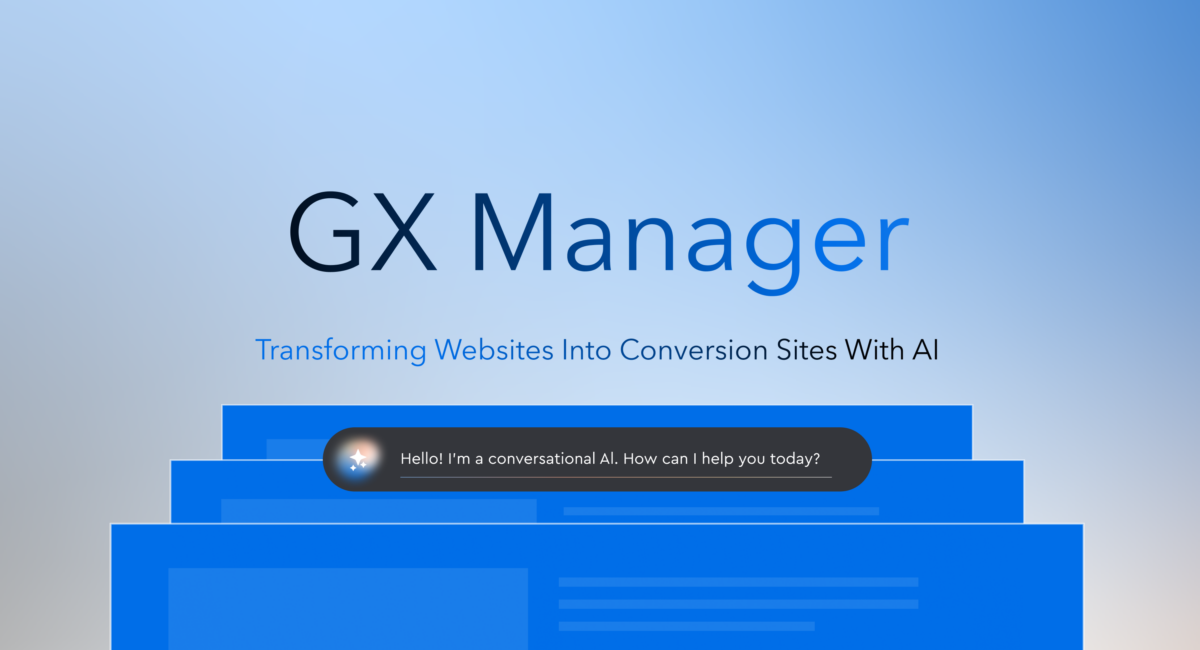|
|
Connecting on a Human Level in the Age of AI and Data
Traditionally, B2B marketing has avoided emotion and instead focused on rational proof points tied to value, price, and product features. After all, B2B decision-making is highly complex, lengthy, and led by a committee of multistakeholder buyers—not a single person. So why muck the process up with feelings?
But behavioral scientist Chris Graves says business leaders are missing a huge opportunity by leaving emotions out of their marketing strategy. It all comes down to how our brain makes decisions, says Graves, President & Founder, Ogilvy Centre for Behavioral Science.
Over two decades ago, University of Southern California neuroscientist Antonio Damasio released groundbreaking work showing that the emotional side of our brain plays a critical role in decision making and can often overrule the side of the brain that governs logical reasoning.
“He found that the boss of our brains is the emotional part,” says Graves. “And if you’re overlooking that, you’re not paying attention to how humans make profound decisions.”
Today’s complex B2B buying committees are made up of humans who respond to emotion. “And if there’s no emotional lift or bonding, you’re really not going to be successful,” says Graves.
Leveraging AI and emotion to connect
And with the rise of AI and real-time data, these new capabilities can be used to help marketers take a more emotional and human-centric approach to their work. For Nate McNabb, President of Global Client Services at Verticurl, real-time data helps his team engage in a more personalized dialogue with clients. “We leverage technology by taking engagement data and feeding it back into our communications,” says McNabb. “To be able to do that keeps us more focused and human-centric rather than having to wait weeks or months to alter our message.”
Combining emotional and rational approaches in your marketing strategy can be a balancing act, however, says Bill Burkart, President B2B, Wunderman Thompson. “It’s an art form in terms of which comes first or second in messaging over time,” he says. “But to continue to create a partnership with a client and to have them trust you, that’s where emotion becomes important.”
Make it personal
Emotion can also be a key differentiator for brands looking to stand out in a crowded marketplace. By creating emotional experiences, brands can stand for something others can’t, show up where others don’t, and say what others won’t. As Burkhart puts it, “the more you inspire, the more you grow.”
For Jen McCarthy, VP Marketing at Verizon Business, building deeper emotional connections with small business customers starts with seeing them as complex, nuanced individuals. “We have to know how the brand experience lives in their personal lives, as well as their business lives,” she says.
For a recent B2B campaign, Verizon featured Christina Tosi, chef/owner of the popular dessert company Milk Bar, as she goes through her daily routine as a multi-hyphenate, baker, celebrity, writer, and business owner. “That spot could have easily just been about our plan details and our competitors, but instead small business owners can see their own ambitions in Christina Tosi and how Verizon plays a role. It’s making us stand out and create a real connection,” says McCarthy.
In the ever-changing landscape of B2B marketing, leaning into emotion along alongside rational arguments and AI-driven insights isn’t just a strategy; it’s the heartbeat of creating meaningful connections, fostering trust, and driving lasting partnerships.









